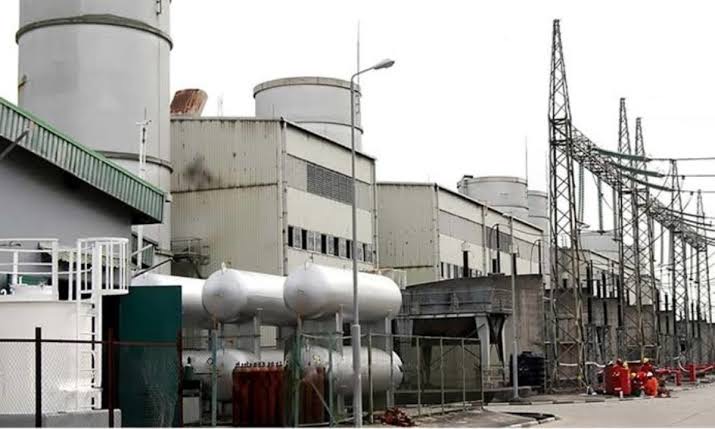Data obtained from the Federal Ministry of Power has revealed that the recent one-day strike by workers of the Transmission Company of Nigeria crashed Nigeria’s power generation from a peak of 4,829.5 megawatts to as low as 43MW.
The staff of the transmission company, under the aegis of the National Union of Electricity Employees, shut down the country’s power grid last Wednesday, throwing businesses and other power consumers into darkness.
The strike was in protest against a compulsory promotion interview for principal managers, unpaid entitlement, among other issues, and crippled the country’s power supply for several hours before the intervention of the Federal Government.
The latest figures on the country’s power grid performance indicated that peak power generation on Tuesday before the workers’ strike was 4,829.5MW.
But as the workers turned off the power stations one after the other during their industrial action on Wednesday, as seen in viral videos that were circulated online, electricity generation on the grid eventually collapsed to 43MW.
It was further observed that as the grid restoration process commenced, power generation moved up to 215MW, which was the off-peak generation figure on Thursday, while peak generation on the same day was put at 4,476.2MW.
ALSO READ: FG completes takeover of four DisCos
Off-peak power generation on the grid was put at 3,421.7MW on Saturday, while peak generation on same day was 4,636.4MW. However, this dipped to 4,333.7MW as at 6am on Sunday.
The Federal Government had confirmed on Wednesday that the action by the electricity workers resulted in a collapse of the country’s grid.
“Following the industrial dispute declared by the two in-house unions at the Transmission Company of Nigeria, the national electric power grid has been shut down by union functionaries – even as unfettered effort was being made to resolve the issues upon which the action was called,” the government stated in a statement from its power transmission company.
It added, “The incident occurred at 15:01hours today (Wednesday) after several 330kV transmission lines and 33kV feeder-lines across the power system network had been switched off by the union members, resulting in generation-load imbalance and multiple voltage escalations at critical stations and substations.
“Regrettably, this is coming weeks after we had emerged from a hectic grid management regime, precipitated by paucity of generation, which we grappled with for a couple of months.”













